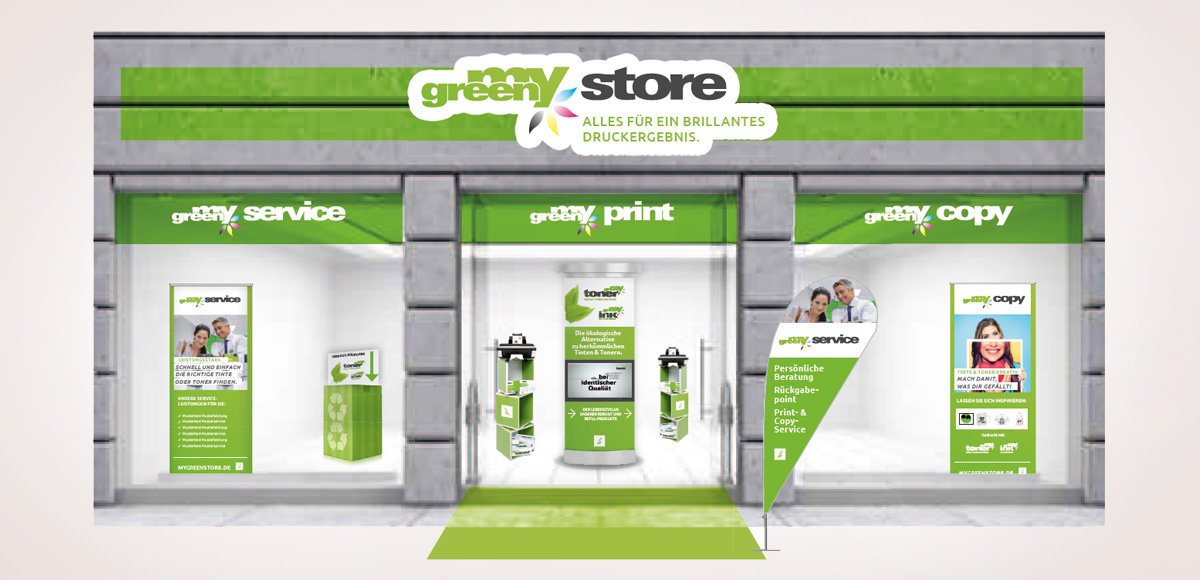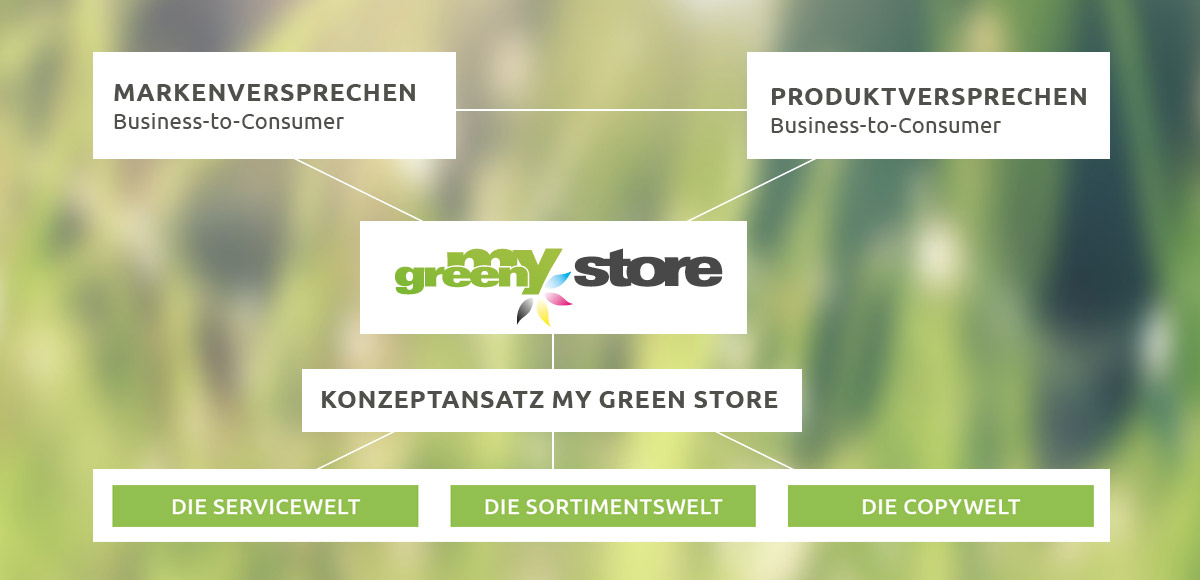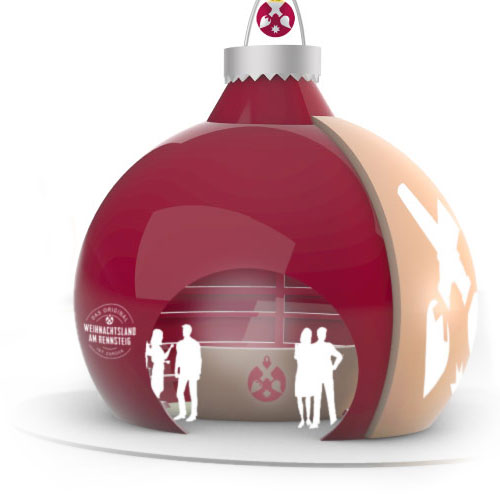Circular Store Construction for Point of Sale (PoS).
RITTWEGER and TEAM combines experience and expertise in sustainable brand development, experience design, Cradle to Cradle Certified® standard, and Scope 3 decarbonisation to design innovative store construction concepts for forward-thinking brands.


Example of a store concept designed by RITTWEGER and TEAM
Store construction at the Point of Sale (PoS) reveals the seriousness of sustainable brand transformation.
Store construction at the Point of Sale (PoS) is gaining strategic importance for brands. It is here that the seriousness of retailers’ sustainability and transformation strategies is put to the test. In addition to the investment costs, which roughly account for up to 20-30%, it influences brand image, customer experience, and the perception of sustainability efforts. Especially in the context of Scope 3 assessments, store furnishings also play a significant role in the overall balance of retail companies. In addition to direct emissions from store operations, indirect upstream and downstream emissions associated with the procurement, production, and disposal of store furnishings must also be considered. Sustainable and circular store design not only reduces climate and environmental impacts but also saves costs and strengthens the sustainable brand image. Therefore, it is crucial to align store construction with the company’s own sustainability and transformation strategy as part of Scope 3 decarbonisation efforts.
Circular and Sustainable Store Construction – Accountable, Certified, and Communicable
Drawing from our extensive experience in brand development and experience design, we combine comprehensive brand knowledge with expertise in CO₂ accounting, Cradle to Cradle Certified® certification, and the future requirements of the Circular Economy to create innovative store construction concepts. We place particular emphasis on sustainable material selection, energy efficiency, and the establishment of circular value chains. Our goal is not only to design aesthetically pleasing and functional retail spaces but also to make a measurable contribution to Scope 3 decarbonisation and to reveal added value for the brand and society through the assessment of ecological, economic, and social aspects. Our expertise enables retail companies to effectively implement their sustainability strategies in store construction while ensuring transparent and verifiable communication of their sustainability efforts in accordance with the EU Green Claim Directive
We offer the following interdisciplinary project-related services:
- Concept design for a circular store concept or Point of Sale (POS) presence
- Development of a brand-compliant material concept based on trend materials from the circular economy, bio-economy, or with CO₂ storage potential
- Material selection based on materials that meet the Cradle to Cradle Certified® product standard, as well as alternative materials from our Circular Material LAB
- Material selection based on existing store concepts or store designs
- Selection/briefing of architectural firms/project developers or general contractors
- Sustainable performance measurement for all suppliers involved in the process
- Support for possible auditing processes
- Creation of a digital twin for all material data
- Closing open material cycles with manufacturers
- Creation of a material passport
- CO₂ balancing of the project, calculation of the CO₂ storage potential
- Verification of sustainability claims in accordance with the EU Green Claim Directive
- Communication and PR for the project
Good to know.
EU Green Claim Directive – focus on verifiability of sustainability claims for retailers and brands
The EU Green Claim Directive is a European Union directive that aims to establish rules and requirements for the use of environmental claims and environmental labelling for products and their marketing. It aims to improve the transparency and credibility of environmental claims and to protect consumers and business customers from being deceived by greenwashing practices and misleading advertising.
The proposal for the new directive against misleading eco-advertising and false sustainability claims sets out clear rules for advertising ecological product characteristics. The EU Green Claims Directive prohibits misleading certificates and self-created seals, clearly defines terms such as “green” and “environmentally friendly” and takes into account the entire product life cycle including packaging, production and disposal in the ecological assessment. It also prohibits the use of misleading packaging designs.
The EU Green Claim Directive is currently in the process of being approved by the European Parliament and the Council of the European Union and is expected to be put to the vote before the European elections in spring 2024.
| https://environment.ec.europa.eu/topics/circular-economy/green-claims_en



